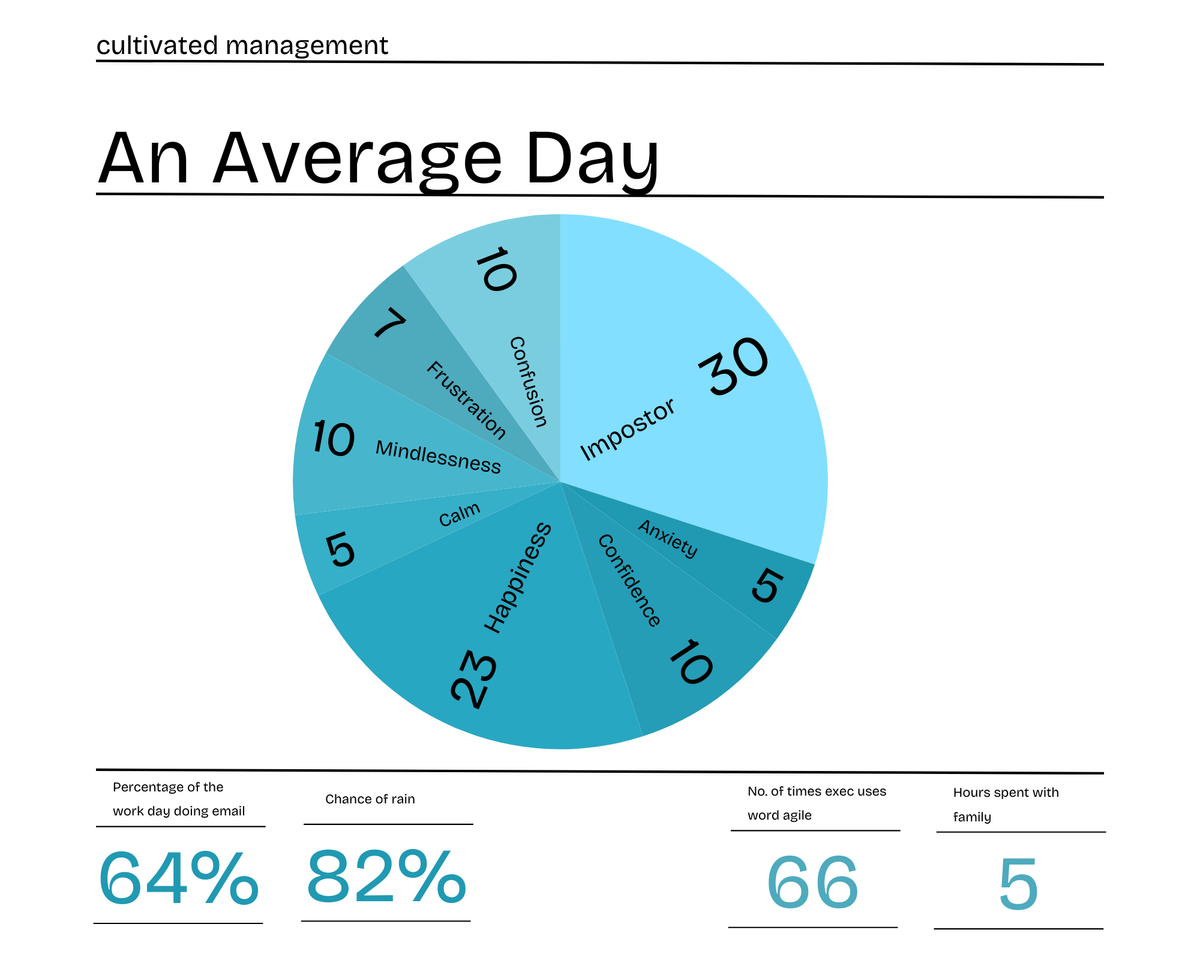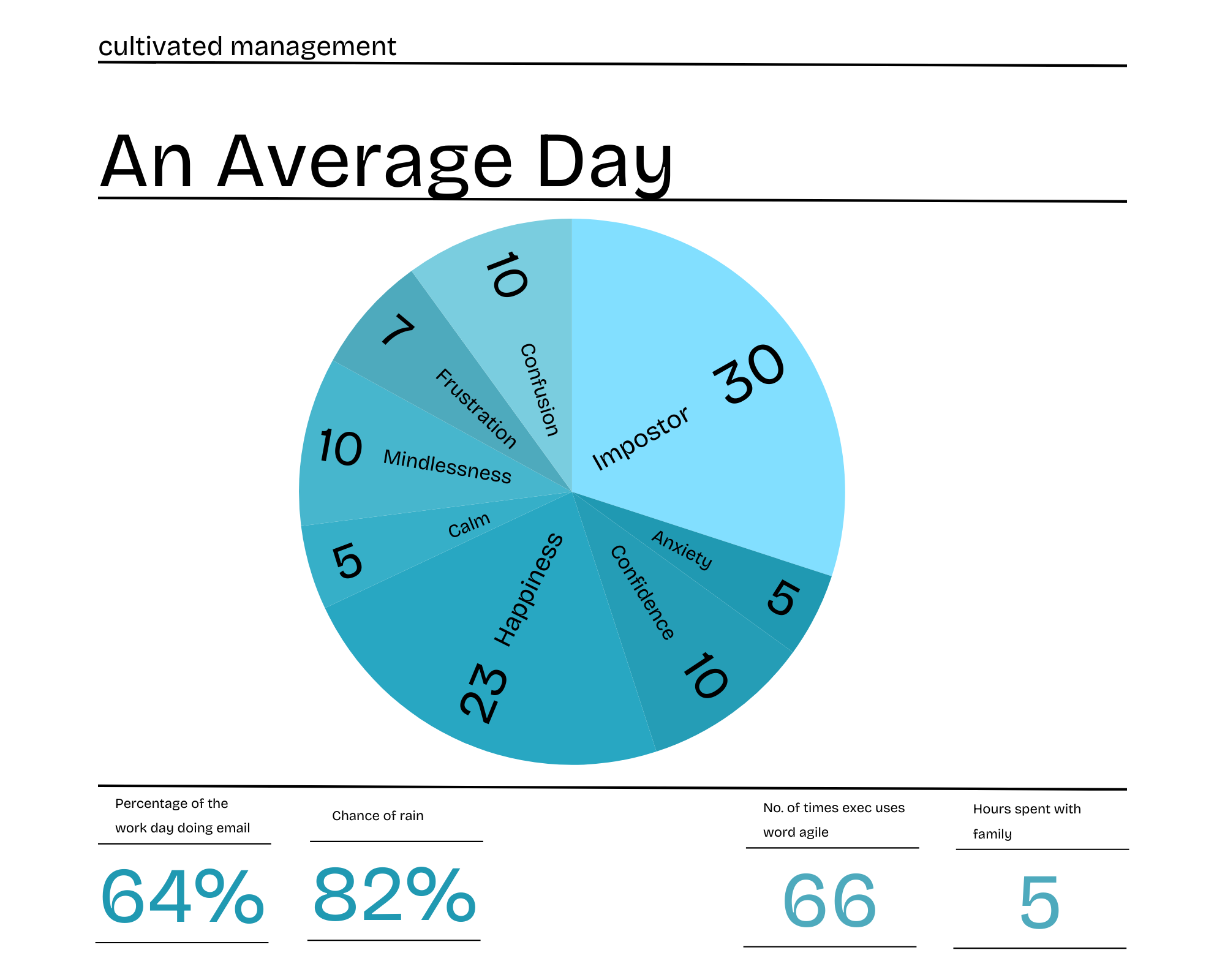
I got asked the other day if I ever suffer from impostor syndrome.
"Impostor syndrome, also known as impostor phenomenon or impostorism, is a psychological experience in which a person suffers from feelings of intellectual and/or professional fraudulence" - Wikipedia
I’d like to think they were asking me to see whether other people suffered, and not because they thought I was out of my depth.
The answer is yes. I think a lot of people suffer with impostor syndrome.

I was at a conference last year in Switzerland and I felt like I shouldn’t be there.
Who was I to do a Keynote amongst these more talented people? What did I know that they didn’t? Should I be here?
I have lots of experience and a strong message to share, but I still doubted why I was worthy of a speaking slot. Heck, I've even written a guide on going from Zero to Keynote, but I still felt like an impostor.
I shouldn't have felt that way really.
As soon as I hit the stage my practice and training took over. After the talk plenty of people talked to me about how good the talk was, how much they learned - and asked loads of questions about how to implement what I was sharing. I guess I did deserve to be there.

At work I often feel like I’m not good enough too - like I somehow don’t know enough to be doing what I do. Then a problem pops up and I resolve it. An angry client is settled and happy. Some business teams are stuck, and I unblock them with new ideas, or my experienced view on things. A member of my team has some challenges - I work through them with them. I guess I do deserve to be there.
It happens a lot for me - and that’s what I captured in this simple design above.
A track of how many times I’ve felt like I was not ready, not good enough, not skilled enough, outclassed, out of my depth, not right for this moment.
Then the feeling passes - and I do ok, and I feel ok, and I realise I do have what it takes.
I realised a long time ago that almost everyone I know has these feeling of impostor syndrome.
For some people it stops them progressing or doing what they feel needs to be done. Some people have learned to work through it. Some have highs and lows. And some, maybe, don’t feel like an impostor at all.
I’ve learned to work through these feelings by doing these things:
- Treasuring moments with my family and my boys, who are a constant source of positive affirmations of the role I play as a husband and father.
- Gratitude is the master of all virtues
- Placing myself into tough situations in work and life that force me to grow. I don’t always enjoy this, but there’s something inside that tells me it’s how to keep growing, how to beat imposter syndrome, how to keep developing as a person.
- Keeping a file with any positive feedback I receive; messages from staff I’ve managed and clients I’ve helped, comments on social media and any other piece of feedback I’ve ever received.
- Keeping my CV up to date and reminding myself I am doing ok. This act alone can be very positive - a chance to reflect on positive experiences, skills and behaviours.
- Meditation or journaling sessions reminding me it’s all in my head.
These things don’t always work, and there are days when the feeling is strong. But it passes and I realise I am ok. I do belong.
Do you suffer from Impostor Syndrome? How do you deal with it?
